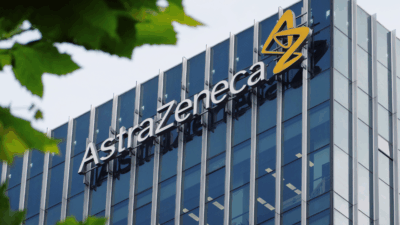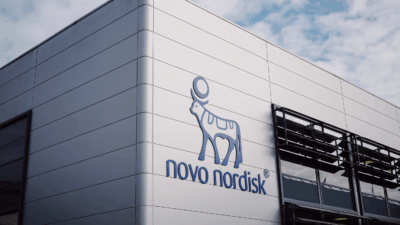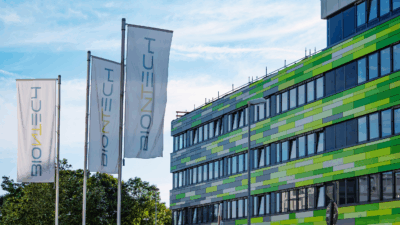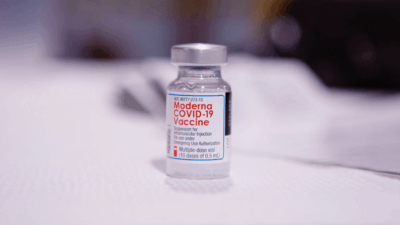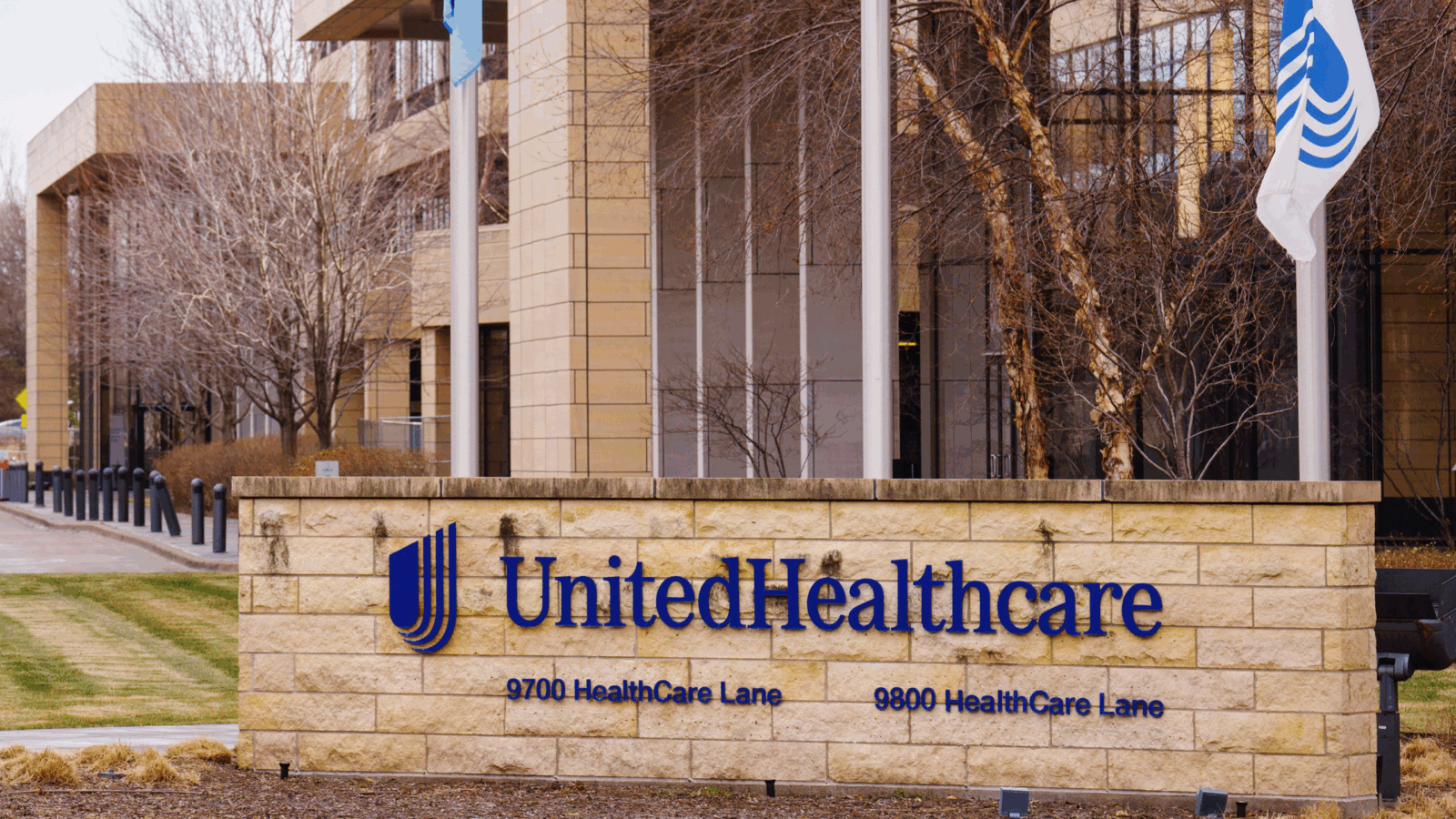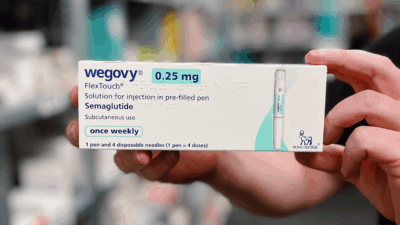Merck Takes on Brain Cancer With Acquisition of Yale Spinoff Modifi
Modifi Biosciences announced that it has been acquired by global pharmaceutical giant Merck, with a $30 million down payment.
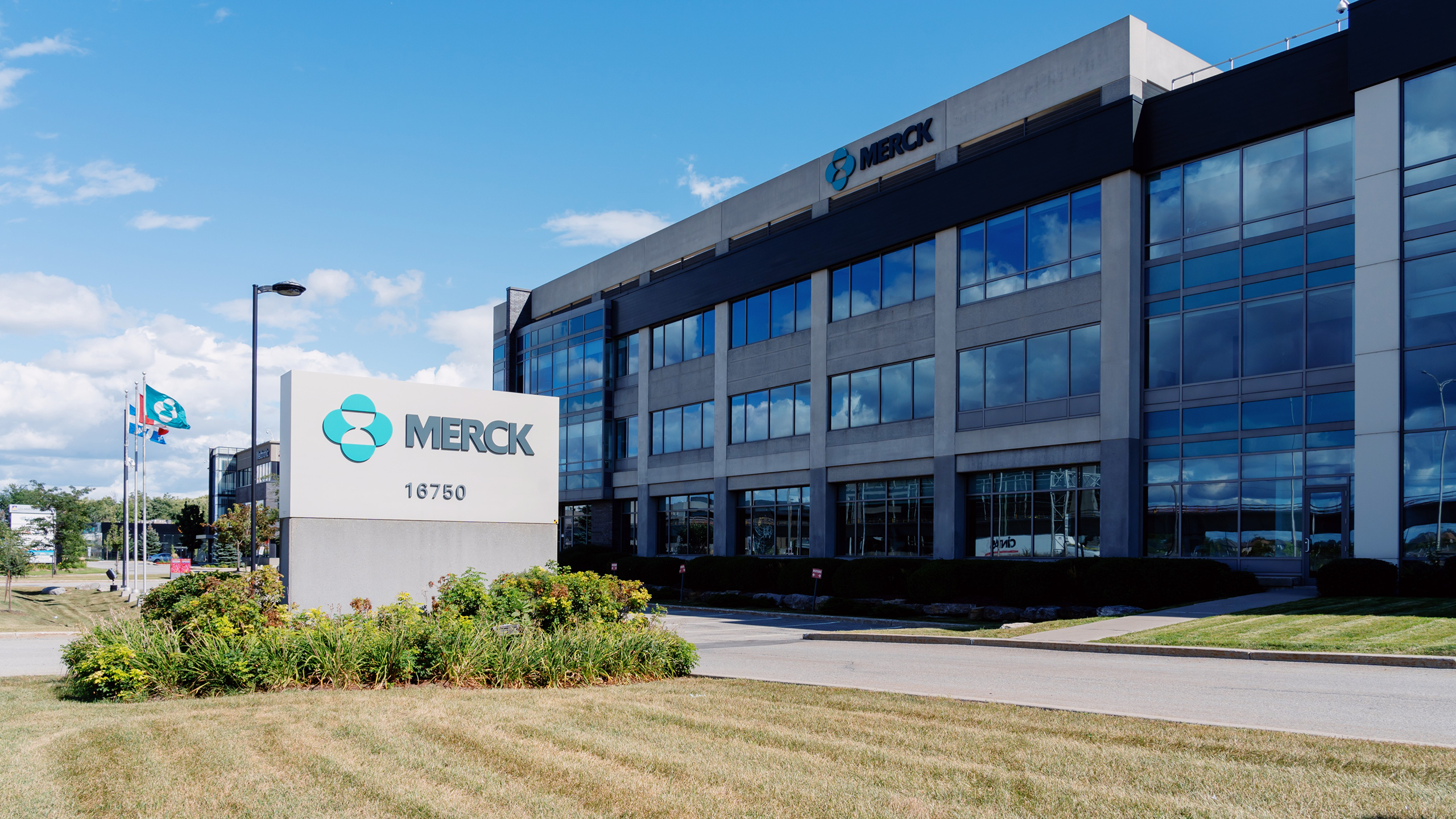
Sign up for smart news, insights, and analysis on the biggest financial stories of the day.
Modifi Biosciences wants to kill cancer by taking away its roadmap.
The small, preclinical-stage company — which develops therapies that stop cancer cells from making DNA — announced Wednesday that it has been acquired by global pharmaceutical giant Merck. The deal comes with a $30 million upfront payment, and shareholders will be able to earn up to $1.3 billion if milestones are met.
Venture Capitalists Don’t Get It
New Haven-based Modifi was spun out of Yale University in 2021 with technology developed at the school. Co-founders and Yale professors Dr. Ranjit Bindra and Seth Herzon, along with co-founder and onetime student Kingson Lin, created molecules that can attack brain cancers without damaging the healthy tissue around them. The treatment effectively stops cancer cells from making DNA, meaning they can’t split into new cells and the cancer can’t grow.
The company raised $10.7 million in seed funding, including from Yale Ventures and the American Cancer Society’s innovation arm, BrightEdge. But Bindra said the fact that they decided to stick to glioblastoma multiforme (GBM), which is relatively rare among other forms of the disease, was a sticking point for other potential investors:
- “We pitched to venture capitalists and the light switch would just go off when we talked about GBM,” Bindra told Fierce Biotech. “You talk to a group like Merck — the light switch goes on.”
- Merck, as it happens, is looking for drug candidates that could fill the gap when its landmark cancer immunotherapy Keytruda — which brought in $25 billion in sales last year — loses patent protection in 2028.
Shopping Spree: Beyond Modifi, Merck has been an active shopper as it looks to shore up the coming Keytruda revenue gap. Last year, it inked a $5.5 billion deal with Japan’s Daiichi Sankyo to jointly develop three cancer therapies, leading to a successful late-stage trial announced last month. It also bought autoimmune disease specialist Prometheus Biosciences for roughly $11 billion and, in January, spent $680 million on immuno-oncology firm Harpoon Therapeutics.

